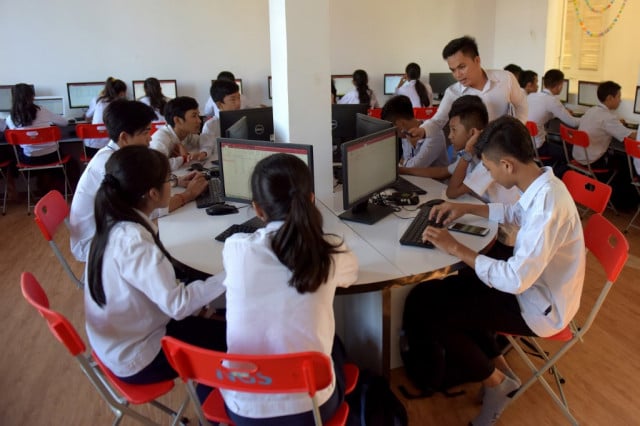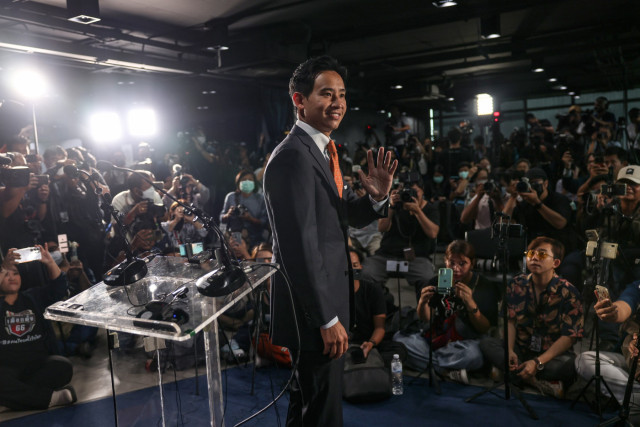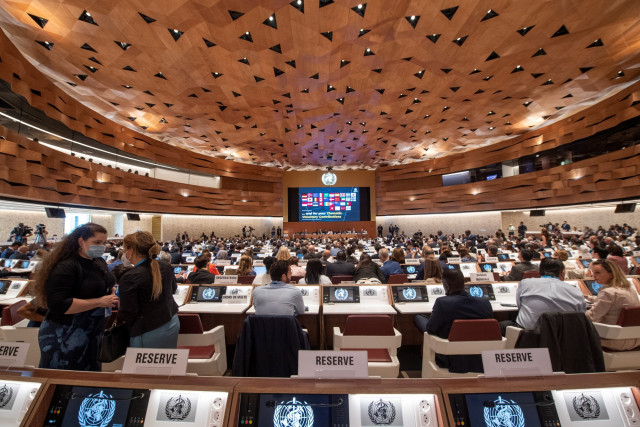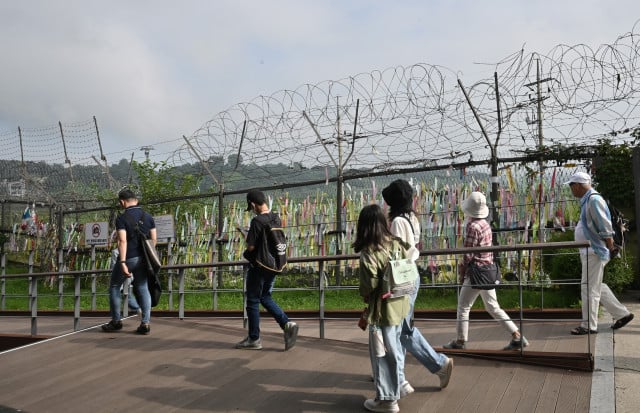Stakeholder collaboration: The key to nurturing a vibrant research culture in Cambodia

- Kimkong Heng
- November 21, 2020 1:15 PM
Current state of academic research in Cambodia
It is commonly believed that academic research in Cambodia is still underdeveloped, with empirical research showing that Cambodia lags behind many countries in the region in terms of research and publication (Barrot, 2017; Heng, 2020a; Nguyen & Pham, 2011). For example, based on the total number of publications indexed in the Scopus database in the last decade, Cambodia was ranked 8th among the 10 Southeast Asian countries (Heng, 2020a).
A recent study by Eam (2015) showed that about 65% of 444 Cambodian faculty members surveyed did not involve in any research at all. Although recent developments provide new hope for the development of a vibrant research culture in Cambodia (Heng, 2020b), there are numerous barriers that Cambodian researchers and academics have to overcome (see Heng et al., 2020 for a review of factors influencing research engagement of academics in developing countries).
In addition to the above-mentioned challenges, such as low academic salaries and limited funding for research, there are other issues that impede the development of academic research in Cambodia. Limited academic freedom is one; lack of research incentives and requirements is another (see Heng, 2020c; Ros & Oleksiyenko, 2018). Other inhibiting factors include limited research knowledge, skills and experience; vague research policies or absence of such policies; inadequate infrastructure and facilities supporting research; limited social appreciation of research; and teaching overloads; among other factors (see CICP, 2016; Keuk, 2015; Kwok et al., 2010; Oleksiyenko & Ros, 2019).
Low salaries have forced most, if not all, university lecturers to teach or work at multiple institutions at the same time (Ros & Oleksiyenko, 2018). Some moonlight as part-time lecturers at three to four institutions within the same week. Others work full time at one institution and teach part-time at another or two other universities. This is not uncommon as full-time academic employment is rare in private universities in Cambodia (Un et al., 2017).
Overall, it is common knowledge that the landscape of academic research in Cambodia is far from well-defined. This is concerning as the country aspires to become a knowledge-based society and aims to improve its education system to produce human resources that can compete regionally and globally (MoEYS, 2019). The prospect of developing a strong research culture in Cambodia is, moreover, constrained by the limited state funding for research and the emphasis on teaching by all higher education institutions and most individual academics who need to teach to generate income to support themselves and their families.
Stakeholder collaboration as the key to promoting academic research
To promote academic research in Cambodia, all stakeholders across the three different levels – macro, meso, and micro – have pivotal roles to play. They share interrelated roles and have power and agency to effect change and make a difference to a research culture in Cambodia. To achieve a common vision of fostering and promoting research, these actors must work together and actively engage in reciprocal relationships that center around research-promoting initiatives, projects and activities.
At the macro or national level are the government, the Education Ministry and relevant state institutions responsible for policy formulation. These actors must have a clear vision on how to move the country forward in terms of research. In addition to formulating and overseeing the implementation of research promoting policies, they must ensure that research funding, competitive research grants and research-based recruitment and promotion schemes are in place.
In recent years, there have been efforts by the government to improve research activities as evidenced by the provision of research grants; however, more research-focused initiatives and policies are needed to foster the development of a vibrant research culture. No doubt, it is a long way to go for research in Cambodia to flourish, but at this stage any positive developments, albeit small or short-lived, need to be acknowledged, maintained and enhanced.
At the meso or institutional level are the educational institutions, research institutes and think tanks. This is where the national research policies are enacted or implemented. Institutional research policies can also be developed and implemented at this this level. Actors at this level plays highly critical roles in shaping the research landscape and ensuring that researchers or academics are actively involved in research and publication.
To nurture an institutional environment conducive for research, at least three elements must be present. First, it is research funds and incentives. The incentives can be monetary and/or non-monetary. Second, research requirements or expectations must be in place to motivate academics and researchers to conduct and publish research. Third, a community of research practice (Murray, 2012; Wenger, 1998) needs to be developed within the institution. This research community is vital for the provision of mentorship and research support, including emotional and peer support. It helps to foster an institutional research culture supported and strengthened by research-engaged individuals or groups.
At the micro or individual level are individual academics and researchers. They are the key actors who should have the agency to engage in research regardless of external or structural constraints. However, the agency of these actors is generally shaped by different forces, including their own perceptions of and attitudes towards research, institutional and governmental support, and social appreciation of research, among others.
To help promote research in Cambodia, individual academics and researchers must seek ways to exercise their agency or take advantage of the power of collective agency by working together with other academics, researchers or any individuals/entities interested in promoting research. These actors need to have strong commitment and intrinsic motivation. They also need to have a strong desire to contribute to the academic community and society. However, it is important to note that the research performance of many actors at this level tends to hinge upon actors at the meso and macro levels. Thus, both emotional and financial support are needed to encourage individual academics and researchers to work harder and be more research-engaged. In addition, the whole society needs to appreciate, value and respect the role and contribution of those operating at the micro level as well.
All in all, as the saying goes, it takes a village to raise a child. Likewise, it takes all concerned stakeholders across different levels – national, institutional and individual – to work together to nurture and promote a vibrant research culture in Cambodia. Putting the blame on any particular actor or stakeholder for the modest development of research is not going to bring about any positive change. Active stakeholder collaboration is the key to nurturing and promoting research in Cambodia.
Heng Kimkong is a co-founder of Cambodian Education Forum, a Visiting Senior Fellow at the Cambodian Institute for Cooperation and Peace, and is currently pursuing a PhD in Education at the University of Queensland, Australia funded by Australia Awards.
A longer version of this article was originally published by Cambodia Development Center on November 16, 2020.
References
Barrot, J. S. (2017). Research impact and productivity of Southeast Asian countries in language and linguistics. Scientometrics, 110(1), 1-15. doi:10.1007/s11192-016-2163-3
CICP. (2016). Doing research in Cambodia: Making models that build capacity. Phnom Penh: Cambodian Institute for Cooperation and Peace.
Eam, P. (2015). Factors differentiating research involvement among faculty members: A perspective from Cambodia. Excellence in Higher Education, 6(1&2), 1-11.
Heng, K. (2020a, July 05). COVID-19: A silver lining in the crisis for Cambodia’s education sector. Cambodian Education Forum. https://cambodianeducationforum.wordpress.com/2020/07/05/covid-19-a-silver-lining-in-the-crisis-for-cambodias-education-sector/
Heng, K. 2020b, October 23). New hope for a research culture in Cambodia.” Cambodia Development Center. https://cd-center.org/en/new-hope-for-a-research-culture-in-cambodia/
Heng, K. (2020c, August 05). Academic freedom in Cambodia is limited, but to what extent? The Phnom Penh Post. https://www.phnompenhpost.com/opinion/academic-freedom-cambodia-limited-what-extent
Heng, K., Hamid, M. O., & Khan, A. (2020). Factors influencing academics' research engagement and productivity: A developing countries perspective. Issues in Educational Research, 30(3), 965-987.
Keuk, C. N. (2015). Investigating communities of practice and ELT teacher research in Cambodia. Unpublished PhD dissertation, Macquarie University, NSW, Australia.
Kwok, K.-W., Chan, S., Heng, C., Kim, S., Neth, B., & Thon, V. (2010). Scoping study: Research capacities of Cambodia’s universities. Phnom Penh: The Development Research Forum in Cambodia.
MoEYS. (2019). Education Strategic Plan 2019-2023. Phnom Penh: Ministry of Education, Youth and Sport.
Murray, R. (2012). Developing a community of research practice. British Educational Research Journal, 38(5), 783-800.
Nguyen, T. V., & Pham, L. T. (2011). Scientific output and its relationship to knowledge economy: An analysis of ASEAN countries. Scientometrics, 89(1), 107-117. doi:10.1007/s11192-011-0446-2
Oleksiyenko, A., & Ros, V. (2019). Cambodian lecturers’ pursuit of academic excellence: expectations vs. reality. Asia Pacific Journal of Education, 39(2), 222-236. doi:10.1080/02188791.2019.1621797
Ros, V., & Oleksiyenko, A. (2018). Policy misalignments and development challenges in the Cambodian academic profession: Insights from public university lecturers. Higher Education Policy, 31(1), 19-35.
Un, L., Hem, B., & Seng, S. (2017). Academic promotion of higher education teaching personnel in Cambodia. In L. Wang & W. Teter (Eds.), Recalibrating careers in academia: Professional advancement policies and practices in Asia-Pacific (pp. 41–72). Bangkok: UNESCO.
Wenger, E. (1998). Communities of practice: learning, meaning, and identity. Cambridge: Cambridge University Press.















